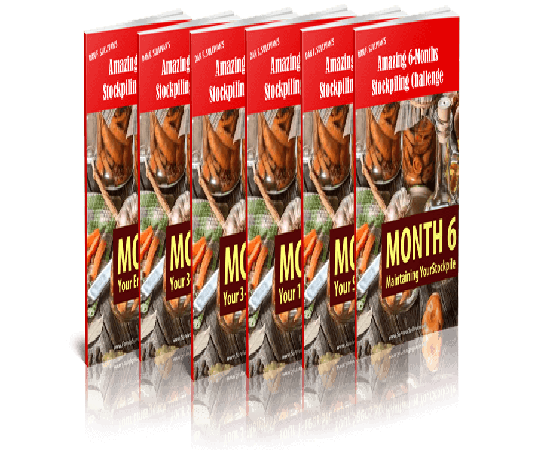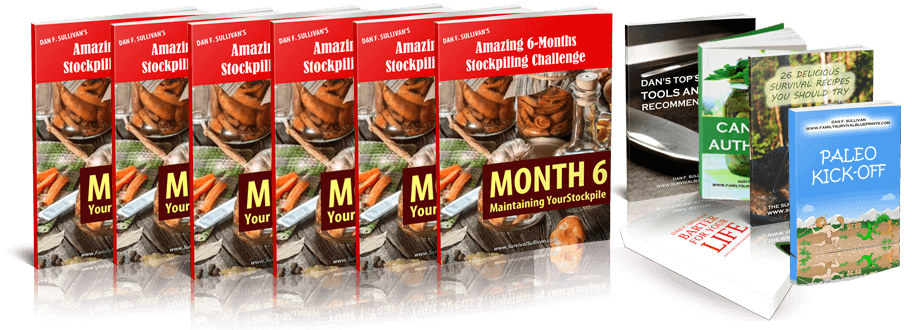Food Stockpiling: A Guide to Preparedness
In recent times, the importance of being prepared for unforeseen circumstances has become increasingly evident. Dan F. Sullivan’s Amazing Stockpiling Challenge offers a comprehensive approach to food stockpiling, ensuring that you and your loved ones are well-equipped to handle any unexpected situations. In this article, we will explore the benefits of food stockpiling, address common questions, and provide a detailed overview of how you can effectively build your stockpile.
The Benefits of Food Stockpiling
Stockpiling food can provide numerous benefits, not only in times of crisis but also for everyday convenience and peace of mind. By having a well-stocked pantry, you can:
- Ensure your family has access to nutritious meals even when grocery stores are inaccessible.
- Save money by buying in bulk and taking advantage of sales and discounts.
- Minimize food waste by rotating your stockpile and using items before they expire.
- Be prepared for emergencies such as natural disasters or unexpected financial challenges.
With the Stockpile Challenge course and bonuses e-cover, you will receive expert guidance on how to optimize your food stockpiling efforts and build a sustainable reserve that meets your specific needs.
FAQs About Food Stockpiling
1. How much food should I stockpile?
The amount of food you should stockpile depends on factors such as the size of your household, dietary restrictions, and storage space. It is recommended to start by building a two-week supply and gradually expanding to a three-month reserve.
2. What foods are best for long-term storage?
Non-perishable items such as canned goods, dried fruits, rice, pasta, and grains are ideal for long-term storage. Make sure to rotate your stockpile regularly to maintain freshness.
3. How can I organize my food stockpile?
Use shelving units, clear containers, and labels to keep your stockpile organized and easily accessible. Create an inventory list and track expiration dates to ensure nothing goes to waste.
4. Is it necessary to stockpile water as well?
Yes, water is essential for survival, and it is recommended to store at least one gallon per person per day. Include water purification tablets or a filtration system in your emergency supplies.
5. How can I incorporate my stockpile into my everyday cooking?
Get creative with meal planning and use items from your stockpile to prepare regular meals. Experiment with new recipes and substitutions to make the most of your stored ingredients.
Conclusion
In conclusion, Dan F. Sullivan’s Amazing Stockpiling Challenge offers valuable insights and resources to help you build a practical and sustainable food stockpile. By taking proactive steps to prepare for the unexpected, you can ensure the well-being and security of your family in any situation. Start your stockpiling journey today and embrace the peace of mind that comes with being prepared.
Remember, your preparedness today can make all the difference tomorrow. Stay safe, stay informed, and stay stocked!


